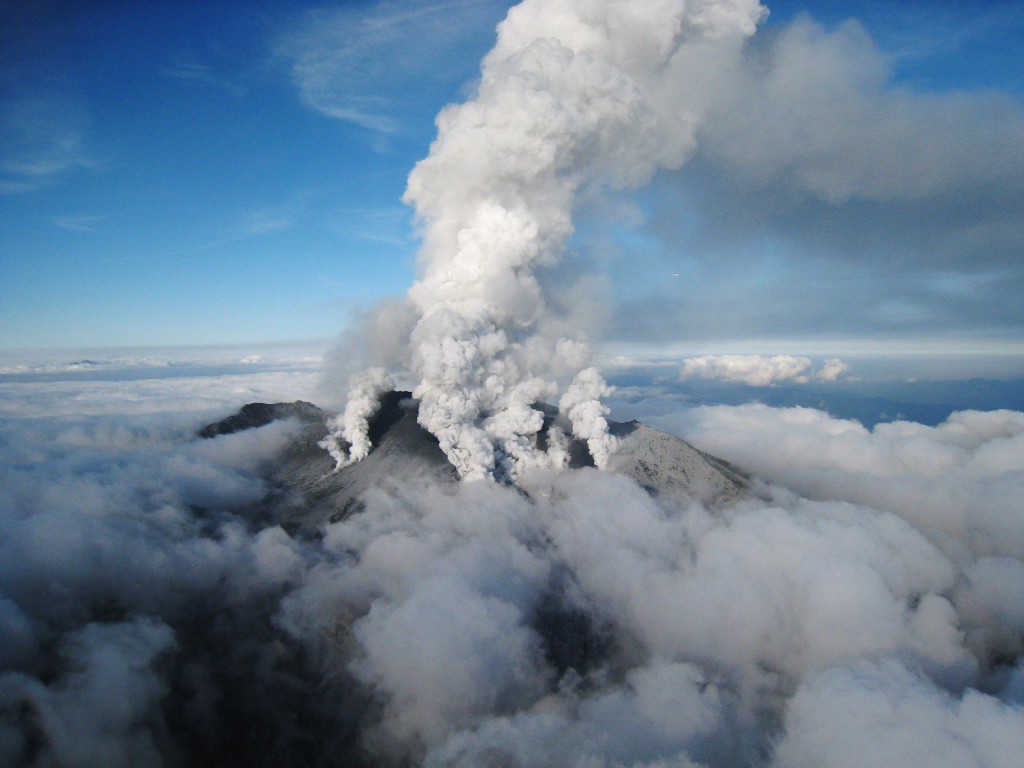The immensely moving poem below was written in 1932 and circulated anonymously. Only after it became popular in Britain following a reading of the poem for a fallen soldier in Northern Ireland was it discovered to have been written by an American poet and housewife, Mary Elizabeth Frye. The sentiments transcend national and religious boundaries, appealing to the most basic instincts of humanity. It’s included here by way of respect for those who died this past weekend on the sacred mountain of Mt Ontake.
Do not stand at my grave and weep.
I am not there. I do not sleep.
I am a thousand winds that blow.
I am the diamond glints on snow.
I am the sunlight on ripened grain.
I am the gentle autumn rain.
When you awaken in the morning’s hush
I am the swift uplifting rush
Of quiet birds in circled flight.
I am the soft stars that shine at night.
Do not stand at my grave and cry;
I am not there. I did not die.
The poem was set to music by Japanese singer-songwriter Man Arai as “千の風になって” (Sen no Kaze ni Natte, or “Become A Thousand Winds”). Other singers later covered the song, among them Japanese tenor Masafumi Akikawa. In January 2007, it became the first classical music piece to top the Oricon weekly singles chart and subsequently the first classical music piece to top the Oricon yearly singles chart.
For a 5 min. organ accompaniment of Masafumi Akikawa’s version in Japanese, click here.
For a 4 min. piano accompaniment of Maki Mori in Japanese, click here.
For a live version by Hayley Westenra in English, click here.

Mt Ontake eruption (courtesy NBC)

Thank you. Given this blog’s cross-cultural perspective, a very nice choice, and a moving tribute.
A very moving and apt tribute John.
I read this poem at my Mother’s funeral, John. For me, it expresses the deepest meaning of immortality. Thank you for honoring the dead on Mt. Ontake so beautifully.
Thanks, John… Since posting, I’ve been told that it’s often used at British funerals too. In terms of immortality, Thomas Hardy wrote a couple of touching poems on the theme, one about the memory of people being retained in the people they knew, and the other about a tree growing out of someone’s grave (my mother chose to have her ashes scattered amongst the roots of a tree, and I think I will too)…
G’day a very sensitive post on this appaling event.
Friends of mine contacted in Japan so far have not lost any
friends or relatives.
I will play shaku/fue as when I can for the dead.
graham
graham